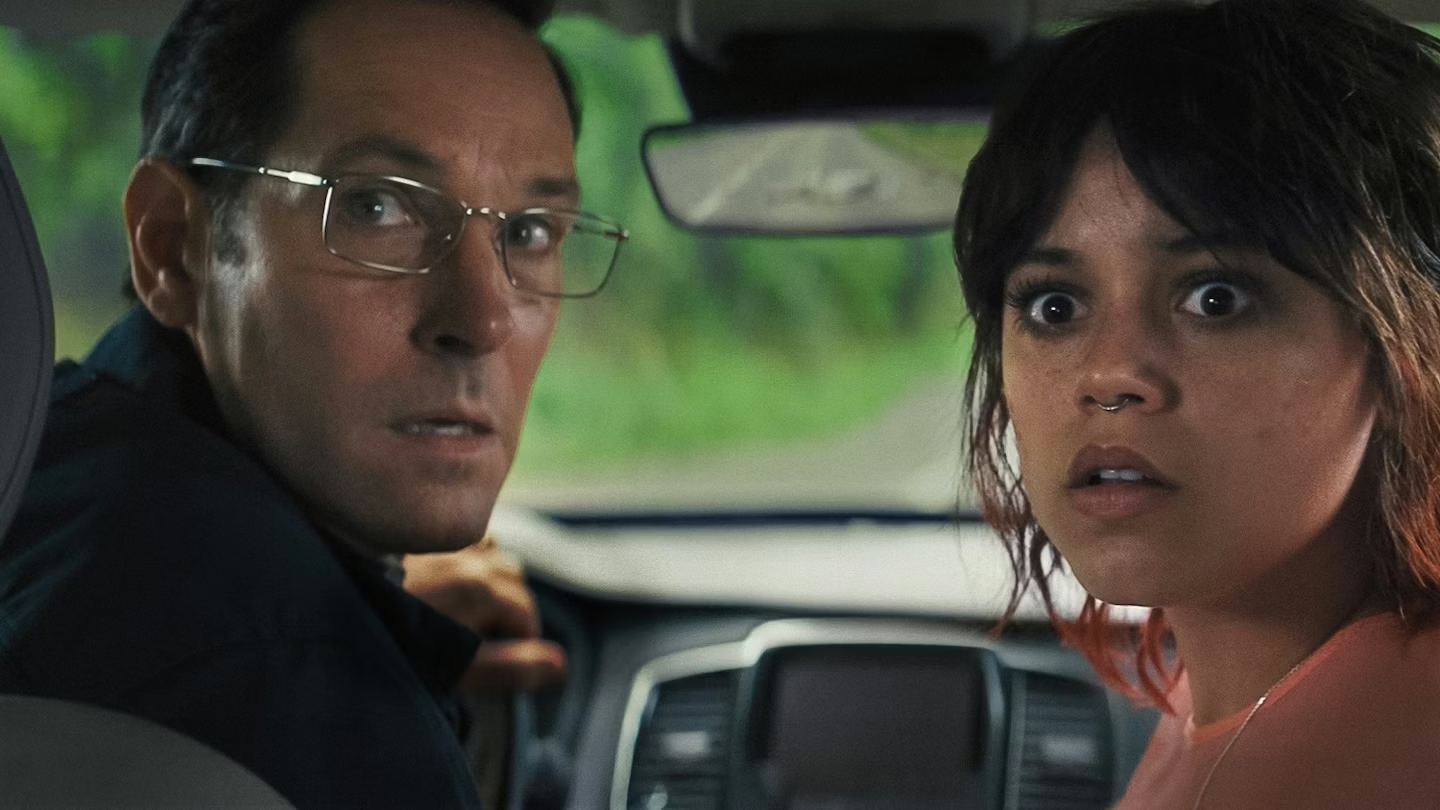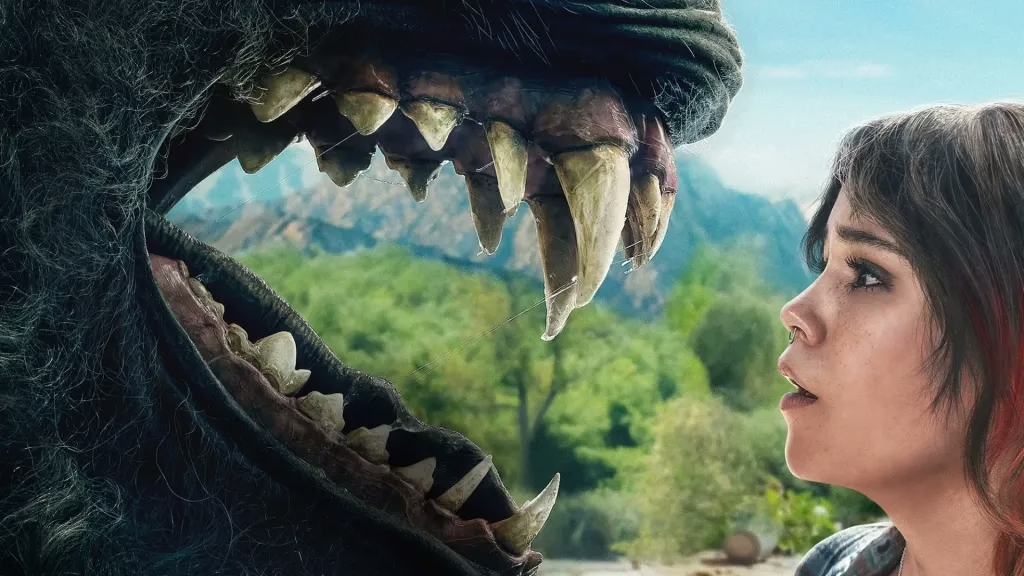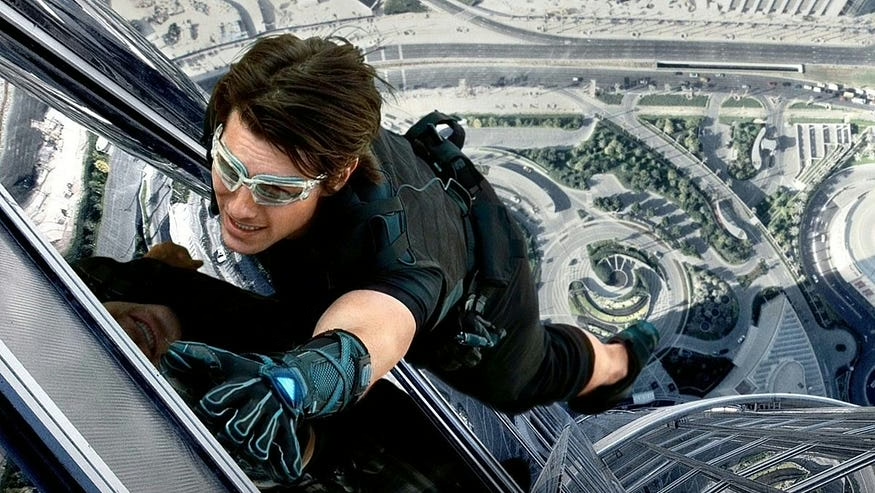The A24 marker has traditionally suggested that there might be more at play than a monster flick sprinkled with jokes and gore. However, that isn’t the case with Alex Scharfman’s directorial debut, Death of a Unicorn. An obvious eat-the-rich satire, Death of a Unicorn is more focused on delivering memorable kills of greedy pharmaceutical executives than a sprawling examination of the plague on capitalist medical institutions.
Combined with 2024’s Y2K (directed by Kyle Mooney), Death of a Unicorn marks a step by the independent studio into more mainstream cinema. It’s a horror-comedy under two hours long, featuring both established and rising movie stars, focused on giving its audience a good time. For the most part, it delivers on that promise, but its predictability in story and character sadly leaves a sense of wanting more.
On a trip to his boss’s private mountain estate, Father and Daughter Elliott (Paul Rudd) and Ridley (Jenna Ortega) crash into a unicorn. They throw it in their car and drive on. After arriving at the mansion, they learn the blood of the mythical creature has some special healing properties, which quickly becomes appetizing to the Leopold family, the heads of a large pharmaceutical corporation. The Leopold family, led by patriarch Odell (Richard E. Grant), matriarch Belina (Téa Leoni), and son Shepard (Will Poulter), conduct experiments on the discovery to the disgust of Ridley. Their fun is soon interrupted when a much larger and monstrous unicorn shows up looking for revenge.
Scharfman, clearly inspired by the lighter creature features of the ’80s and ’90s, never takes the material too seriously. The killer unicorn concept is one he’s having fun with, embracing the absurdity rather than grounding it in realism. While the rendering of the beast is occasionally choppy, especially in the film’s broad daylight scenes, Scharfman mostly succeeds in delivering a film that’s playful and fast-paced. However, the film is content to stay on the surface, rarely probing the satire it gestures toward. The result is a movie that entertains in the moment but lacks the bite or staying power of its inspirations.
Ortega and Rudd lead the ensemble and are in a familiar family dynamic. A father engrossed in his work and a cold, confused daughter forced together after the passing of a mother. A traditional setup that has potential for subversion, but Scharfman never quite pushes it there.

In what continues to be a trend in Ortega’s career, she is asked to have overbearing eye shadow and play a moody teenager. Ortega is good at this type of performance, but it’s ground that’s been covered, and at points, it feels like self-parody. To be fair, Ridley is a boringly written character, always the butt of jokes by her fellow cast and never allowed to break out of her shell to do anything as fun or bizarre as the tone of the film should allow.
Rudd’s Elliott, on the other hand, is a bizarre mixture of actor and character. In the last decade or so, Rudd has built a strong reputation in film as a likable father figure. Looking at his work in the Ant-Man or Ghostbusters films, he brings an inherently warm energy that makes him perfect for these parts. The problem is that Elliott is not one of these characters, or at least the film struggles to decide if he is. He’s characterized as a cowardly lawyer who, throughout the film, refuses to speak up for his daughter or any moral qualms he has as he watches his boss make increasingly heinous decisions. Rudd has occasionally stepped out of the good guy box, but his approach to Elliott is very reminiscent of his usual performance style. The result is a very awkward character that is hard to get a grasp on. Like Ortega, Rudd is somewhat set up to fail. The script has a choppy outline on Elliott’s arc. There is a basis of redemption, but to say it doesn’t feel earned is an understatement.
Ironically, it’s the morally questionable Leopold family that draws more intrigue. The trio is having a ball with the ridiculousness of their characters. The star, however, is Will Poulter. In recent years, Poulter has grown and experimented in the dramatic world, working with auteurs like Ari Aster and Kathryn Bigelow; however, he truly is at his best tapping into this comedic buffoonery. Shepard is self-absorbed and shallow, but Poulter’s line deliveries and expressions make you miss him every time he’s not on screen. Most impressive is Poulter’s ability to play off his fellow cast members. Everyone in the ensemble is at their best in their scenes with Shepard.
Death of a Unicorn is silly, brisk, and occasionally bloody fun, but in aiming for broad appeal, it often skips over the sharper edges it teases. As A24 shifts toward more accessible genre fare, the question becomes whether its highbrow reputation can survive the pivot.




Leave a Reply